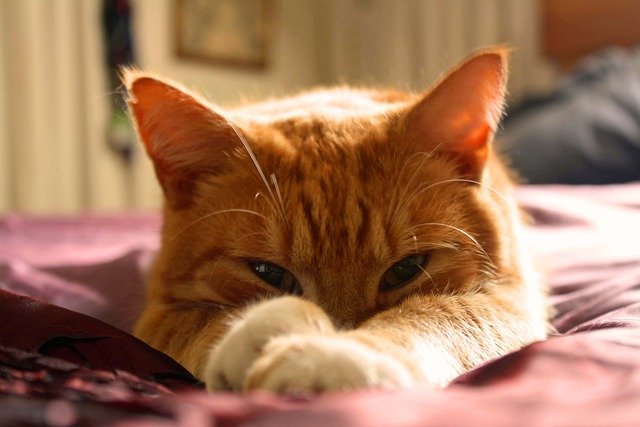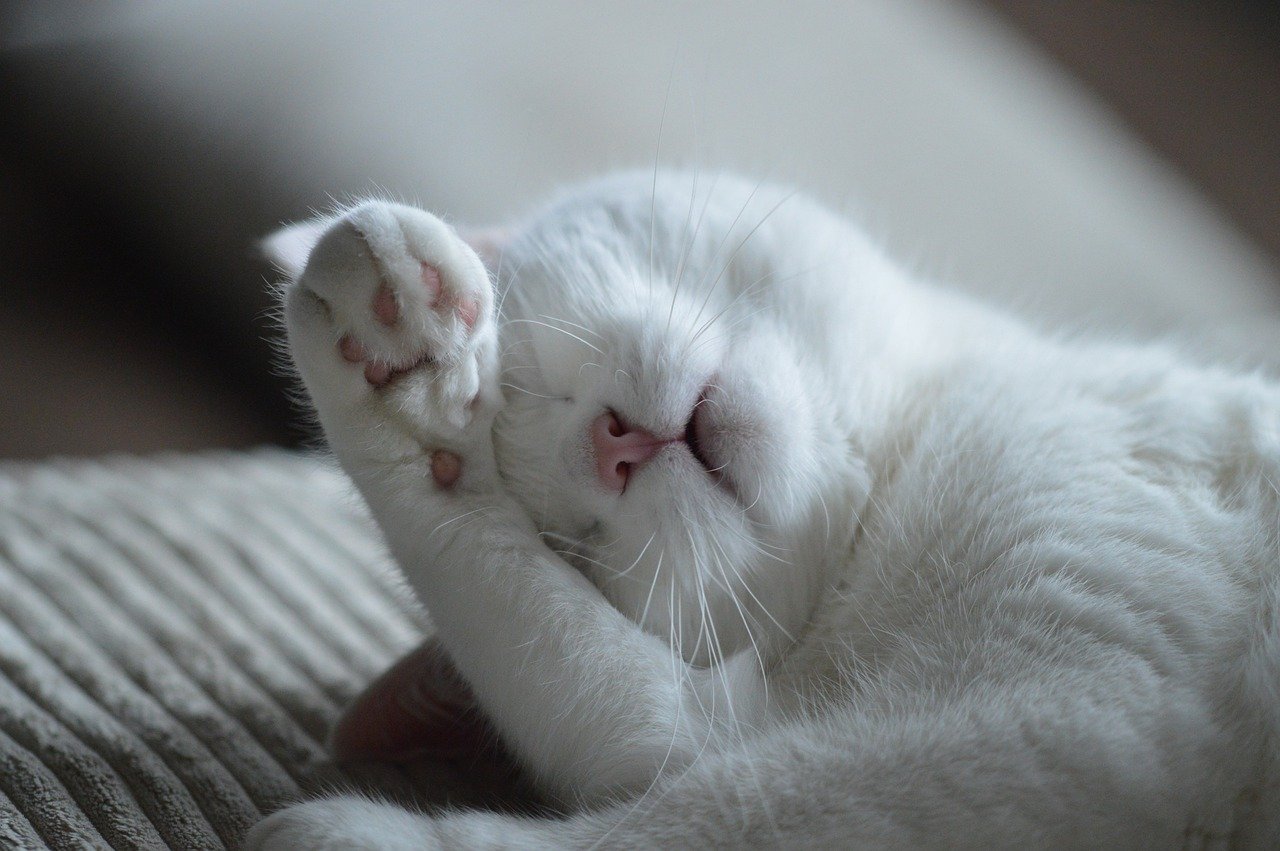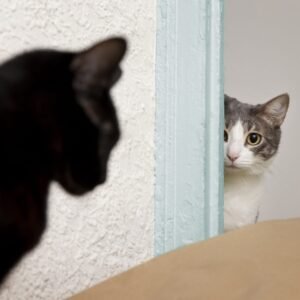If you’re looking to discipline your Persian cat, it’s crucial to understand their behavior and unique traits.
Persian cats are one of the most beloved breeds because they can prove to be a good feline friend. Persian cats can sometimes behave badly, and this is where the need for discipline comes in.
The Persian cats seek attention and are a little more lazy than other cats. If you want to disciple your Persian cat, it requires time, consistency, and a loving approach.
In this article, we will discuss different techniques and strategies to raise your cat.
Understanding Persian Cat Behavior
Persian cats are known for their affectionate nature. They are a loving companion. As the owner of a Persian cat, I easily understand how my cat behaves in my daily routine. Persian cats are medium-sized and mostly stay calm and quiet.
Persian cats are less vocal and are only good with their owners. But these cats also have behavior issues in them.
Common Behavioral Issues in Persian Cats
Why is my Persian Cat so mean? If Persians tend to have any behavior problems, it’s shyness and anxiety.
The average Persian is a relatively sensitive cat, and if it has to live in chaos, it will tend to withdraw and hide. If you then grab the cat and try to cuddle it, it may panic and scratch you.
Destructive behaviors: Persian cats tend to act destructively and inappropriately when they are bored or lonely. This is particularly true if they are left by themselves for long periods.
It’s crucial to provide your Persian cat with lots of toys, play, and regular interaction with you or other family members to prevent this. You might also want to think about acquiring your Persian a companion cat.
Aggressive behavior: Additionally, Persian cats tend to become aggressive, particularly when they feel afraid or threatened.
This could sound like biting, growling, or even hissing. From an early age, it’s crucial to socialize your Persian cat and provide them with a secure environment.
To decide the best course of action if your Persian cat does display violent behavior, it’s crucial to speak with a veterinarian or animal behaviorist.
Scratching furniture, biting, and excessive meowing: Persian cats also frequently exhibit biting, scratching, and excessive meowing as behavioral issues. It’s crucial to deter your Persian from scratching furniture and to provide them with lots of scratching posts to prevent scratches.
Biting can be an indication of fun or aggression, so it’s critical to identify the behavior’s root cause and take appropriate action. Meowing excessively may indicate boredom or worry, so make sure your Persian receives lots of excitement and care.
Unique Traits of Persian Cats
Persian cats are distinct from other breeds due to their special qualities. For example, they need daily brushing to maintain the health of their long hair. Brushing, combing, and even bathing can be part of this grooming. You might not want a Persian cat if you can’t dedicate yourself to regular maintenance.
Persian cats as independent cats: Persian cats can be more difficult to train because they tend to be less active and more independent than other breeds.
They can, however, pick up some basic commands and even some tricks if they are persistent and patient. It’s crucial to train your Persian cat using positive reinforcement methods like praise and food.
You may also like: https://persiancatinfo.com/calico-cats-facts/
Establishing a Positive Environment
Creating a Safe Space for Your Persian Cat: It is important to create a safe space for the Persian cats. Make a designated area for your cat that makes an attractive environment and free from distractions.
Interactive toys: Consider providing a cat bed, toys, and a scratching post in this area to make it more inviting. You can also add a blanket or a piece of clothing that has your scent on it to make your cat feel more secure.
Providing Mental and Physical Stimulation
Since Persian cats are less active than other breeds, they need mental and physical stimulation to keep them engaged and active. Your Persian cat can be stimulated both mentally and physically in a variety of ways.
Give them playthings to occupy their time, like interactive or puzzle toys. These toys can entertain and aid in stimulating your cat’s thinking. To encourage your cat to play and explore the house, you can also conceal treats in various places.
Access to Windows: The other way of stimulating your cat’s health is access to windows in your house so they can watch birds and other wildlife. This can be an excellent source of entertainment for your cat and can help prevent boredom.
Proper exercise: Exercise makes them active and free from boredom. Take your cat on short walks. Consider playing with your cat or taking them for short walks around the house to help them stay active.
Educating Your Persian Cat
It may require patience and time to train your Persian cat, but the results will be well worth the effort. The following advice will help you train your Persian cat:
Educating Fundamental Orders
Begin by giving simple instructions like “sit,” “come,” and “stay.” When your cat correctly obeys a command, provide positive reinforcement by giving them goodies or praise. Keep training sessions brief—no more than five to ten minutes each—and progressively extend them over time.
Getting Your Persian Cat to Socialize
It’s crucial to socialize your Persian cat, particularly if you host guests or other animals in your home. Reward good behavior with positive reinforcement and gradually introduce your cat to new people and pets.
Common Mistakes to Avoid
Here are common mistakes pet parents make while training them. Avoid these mistakes, otherwise, your cat’s relationship will be damaged with you.
Avoid Physical Punishment
You can’t discipline your Persian cat with physical punishment. Your relationship with your cat will suffer if you hit or spank them because it will just make them frightened of you.
Not Inadvertently Strengthening Negative Conduct
You might not even be aware that you are unintentionally encouraging undesirable behavior. Giving your cat attention or goodies, for example, if they meow excessively, may seem like a method to console them, but it will just make them feel better.
Discipline that isn’t consistent
If you don’t apply discipline consistently, your cat will grow confused and won’t know what behavior is appropriate.
Conclusion
Your Persian cat has to be trained with love, patience, and consistency. When disciplining your cat, don’t forget to provide a safe area, offer mental and physical stimulation, and employ positive reinforcement.
Steer clear of typical blunders like using physical punishment, rewarding inappropriate behavior, and applying inconsistent discipline. Basic commands should be taught to your Persian cat, along with socialization and handling of litter box problems as they emerge.
Leave any comments about your cat.







